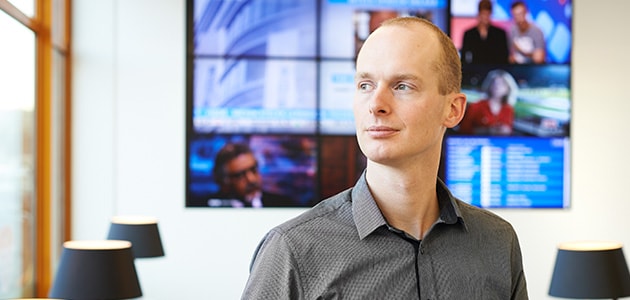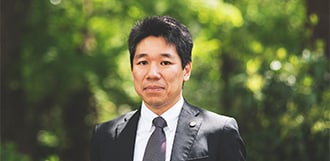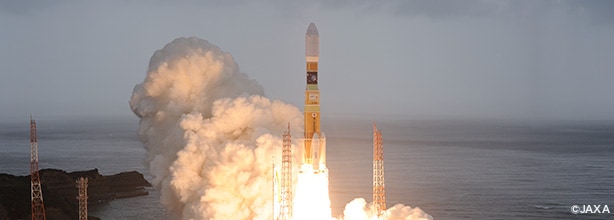
- Semiconductor Technology Now
Scientist Interview
Telescope Magazine: A number of newcomers are entering the space exploration business, including Virgin Galactic led by Virgin Group founder Richard Branson. How do you think Mars One will be positioned against them?
Bas Lansdorp: Virgin Galactic is offering parabolic flights that just hop above the atmosphere, which is completely different from going to Mars. It’s just for rich people who want to have fun. Elon Musk is very interested in getting humans to Mars, but he sees SpaceX as a rocket manufacturer and a transportation company for Mars. Colonizing Mars is not his priority. Amazon’s Jeff Bezos is also interested in building rockets and lowering the cost of access to space, and there are a few organizations like the Mars Society, MarsDrive, and Explore Mars that either want to do Mars missions or support them. Mars One is different from all of them on two counts. First of all, ours is a one-way mission, which is extremely important in terms of technical and financial feasibility. Secondly, the mission is designed by integrating existing technologies and is financed by involving the whole world as an audience.
Telescope Magazine: Colonizing Mars sounds very futuristic to us, but you see it as completely feasible.
Bas Lansdorp: Yes. It is technically, financially, and psychologically possible. This is of course an extremely complex project, and there are hundreds of different ways it could go wrong. But the entire Mars One team including our investors thinks that it is a risk worth taking. We feel that the possibility of success outweighs the risks. If we succeed, perhaps one day—maybe decades from now—anyone can afford a ticket to Mars. That’s when we can finally say “mission accomplished!”
 |
Profile
Bas Lansdorp
Lansdorp received his Master of Science in Mechanical Engineering from the University of Twente in Holland in 2003. After working at Delft University of Technology, Lansdorp founded a wind energy startup in 2008, selling the majority of his shares in 2011 to launch Mars One with Arno Wielders. Space exploration—traveling to Mars in particular—has been his dream since childhood. Mars One’s business plan has been designed as a truly international Mars colonization project that the entire world can be enthusiastic about, unlike any existing national space development programs or commercial space flights being proposed by startups.
Writer
Noriko Takiguchi
Noriko Takiguchi is a freelance editor/journalist. She graduated from Sophia University’s Department of German Studies, Faculty of Foreign Studies, and after a stint at a magazine publisher as an editor, she went freelance. From 1996 to 1998, Takiguchi was a visiting researcher at Stanford University’s Computer Science Department at the School of Engineering as a Fulbright Scholar in journalism. Takiguchi currently resides in Silicon Valley and frequently contributes newspaper and magazine articles on technology, business, and cultural topics in general. The books she authored in Japanese include Actionism: Rem Koolhaas Dossier (TOTO Publishing) and Field Notes on Japanese Architect: Toyo Ito (TOTO Publishing). Among the books she translated into Japanese are Bringing Design to Software by Terry Winograd and An Engineer Imagines (an autobiography) by Peter Rice [with co-translators].



















